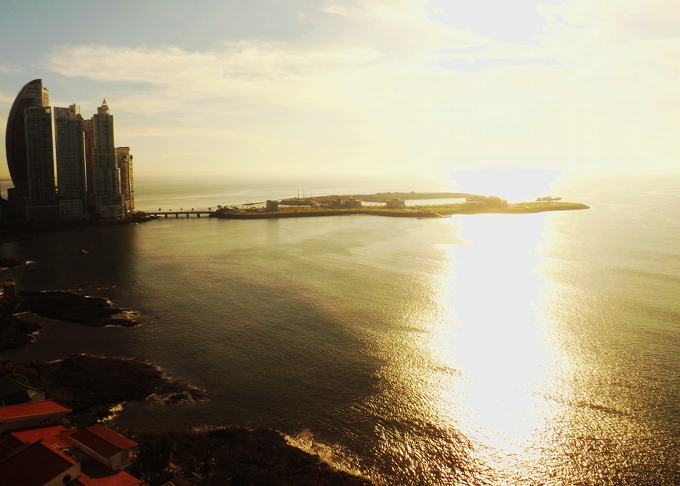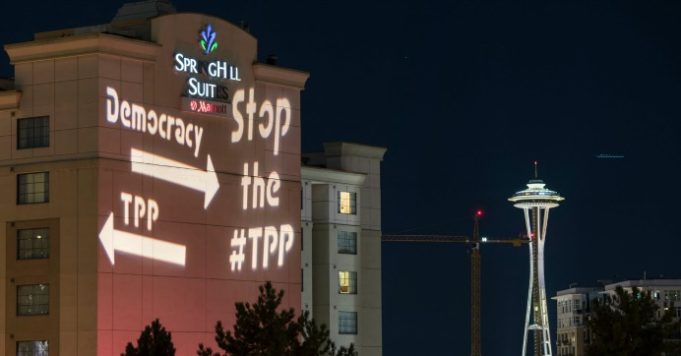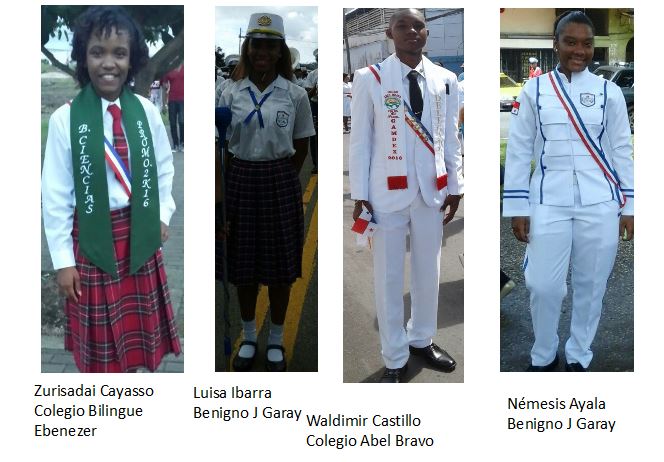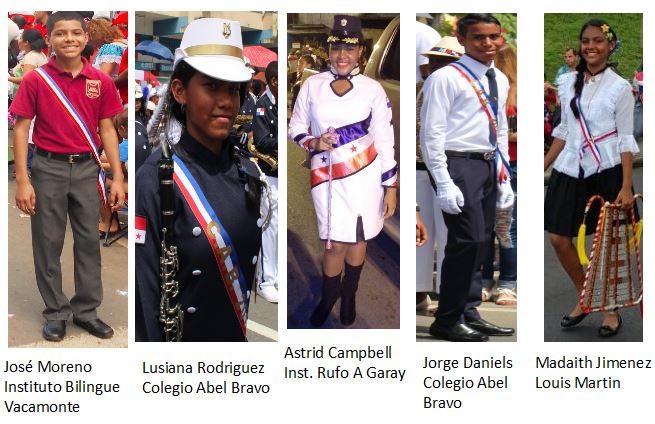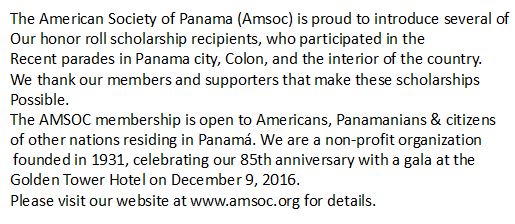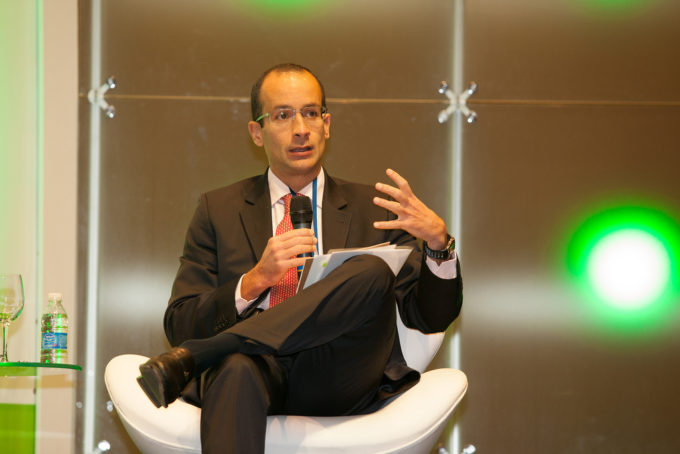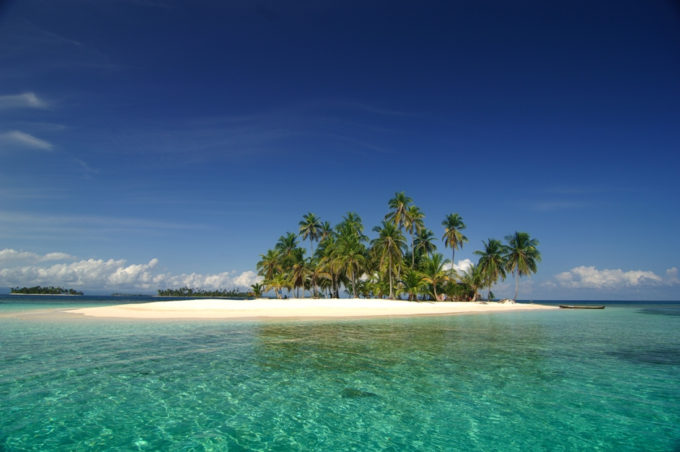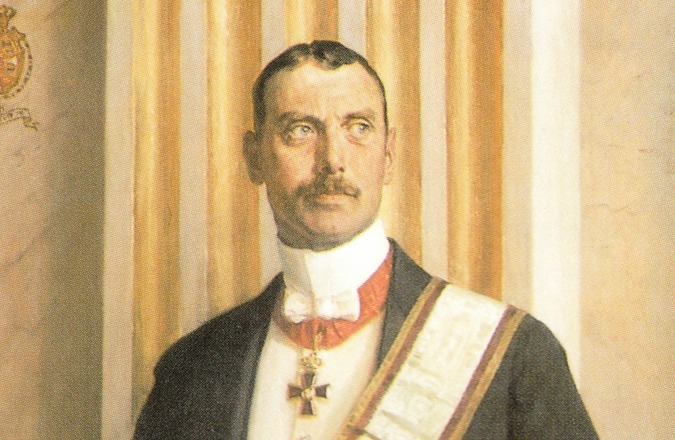
A civil rights leader for our times
The days when African-American and Jewish leaders marched together for civil rights came and went. One of the oldest civil rights groups in the United States, the Anti-Defamation League, was founded in 1913 after the Ku Klux Klan lynching of a Jewish businessman in Atlanta. It’s now an international organization, with a small presence in Panama. The ADL mainly defends Jews against defamation, discrimination and violence but also speaks out against all sorts of bigotry and racism.
Both Jews and Gentiles can and do argue about the ADL’s stands with respect to the human rights policies of Israel. However, we should recall that back in 1985 when Palstinian-American activists Alex Odeh was killed in a bombing of the American Arab Anti-Discrimination Committee office in Los Angeles, the ADL was one of the first non-Arab organizations in the United States to call for the perpetrators to be brought to justice — something that has yet to happen.
Now, to the cheers of racists and bigots, including some who are Jewish, Donald Trump calls for a registry of all Muslims in the USA. But Jonathan Greenblatt, who heads the Anti-Defamation League, stood up before a meeting called to fight anti-Semitism and said: “I pledge to you right here and now, because I care about the fight against anti-Semitism, that if one day in these United States, if one day Muslim-Americans will be forced to register their identities, then that is the day that this proud Jew will register as a Muslim.”
A USA that is in dark times that will get darker needs civil rights leaders to avoid such a registry and many other threatened affronts to human dignity and equality. Greenblatt advises well on which way Americans of good will, regardless of their faith or lack thereof, ought to go in the face of injustice. Let us hope that if such a registry is created by the Trump administration, there will be a long line of Americans at the US Embassy here, demanding inclusion on that list.
Panama’s own constitutional gun issues
Did President Varela get rid of a minister who repeated US gun sellers’ false advertising and tried to make it Panamanian government policy? Good for him. Here the constitution says that weapons of war may not be privately possessed and that citizens’ and foreign residents’ rights to keep other sorts of firearms are subject to regulation by law. The US Second Amendment does not apply here.
But Panama’s constitution also, but a 1994 amendment, says that we have no army and that our national defense is to call civilians up to a militia commanded by the National Police in times of emergency. The constitution provides that Panamanians must take up arms in case of war, and allows no exceptions for religious or other sorts of pacifists.
The reality is that our National Frontier Service (SENAFRONT), our National Aeronaval Service (SENAN) and parts of our National Police have become de facto military forces under the tutelage of US forces whose presence here is protected under secret agreements and rarely acknowledged. Whether we want to openly have a military again is a proper subject to debate when drafting a new constitution. With Donald Trump coming to power in the USA, whether we want to continue this military relationship with the United States or look instead to our Latin American neighbors for training and expertise is something to look into regardless of any constitutional considerations.
But what if we keep the presently prescribed scheme, and try to make it something more than a dead letter? That will, as a practical matter, require every citizen to acquire military skills. Pacifists who will not make war ought to have the other skills needed to be called up as paramedics, firefighters or so on in the event of a national emergency. The ordinary Panamanian adult would need to have undergone basic military training and know how to fire, clean, disassemble and assemble an assault rifle. Warfare would have to be studied in the schools.
There are good reasons for a nation that’s not very warlike to reject the requirements of a working militia system and instead rely on a small military caste. There are also good reasons not to have a military force, and even better ones not to be subject to a foreign army. Panama has suffered too much under men in uniform, both foreign and domestic. Surely there is no perfect answer, but there can be no acceptable one without addressing some realities that are omitted in the present constitution’s passages about arms.
Bear in mind…
We have only the people’s hearts and minds to depend upon. If we cast them aside and lose the people’s hearts, what can we use to sustain the country?
Empress Dowager Cixi
The people have made their decision — the bastards!
Dick Tuck
Property-owners are the most energetic flag-waggers and patriots in every country, but only so long as they enjoy their possessions: to safeguard those they desert God, King and Country in a twinkling.
C.L.R. James
~ ~ ~
These announcements are interactive. Click on them for more information.





